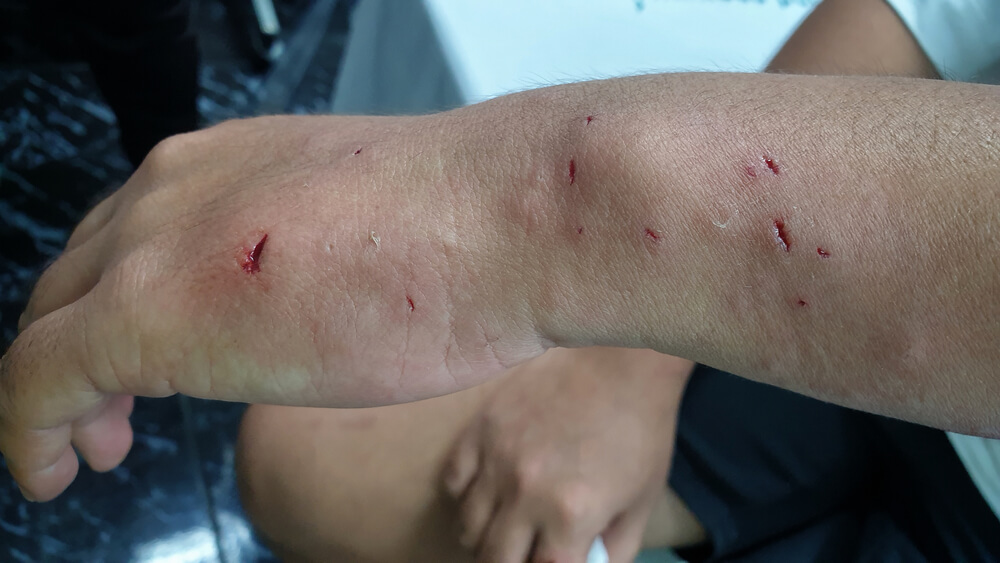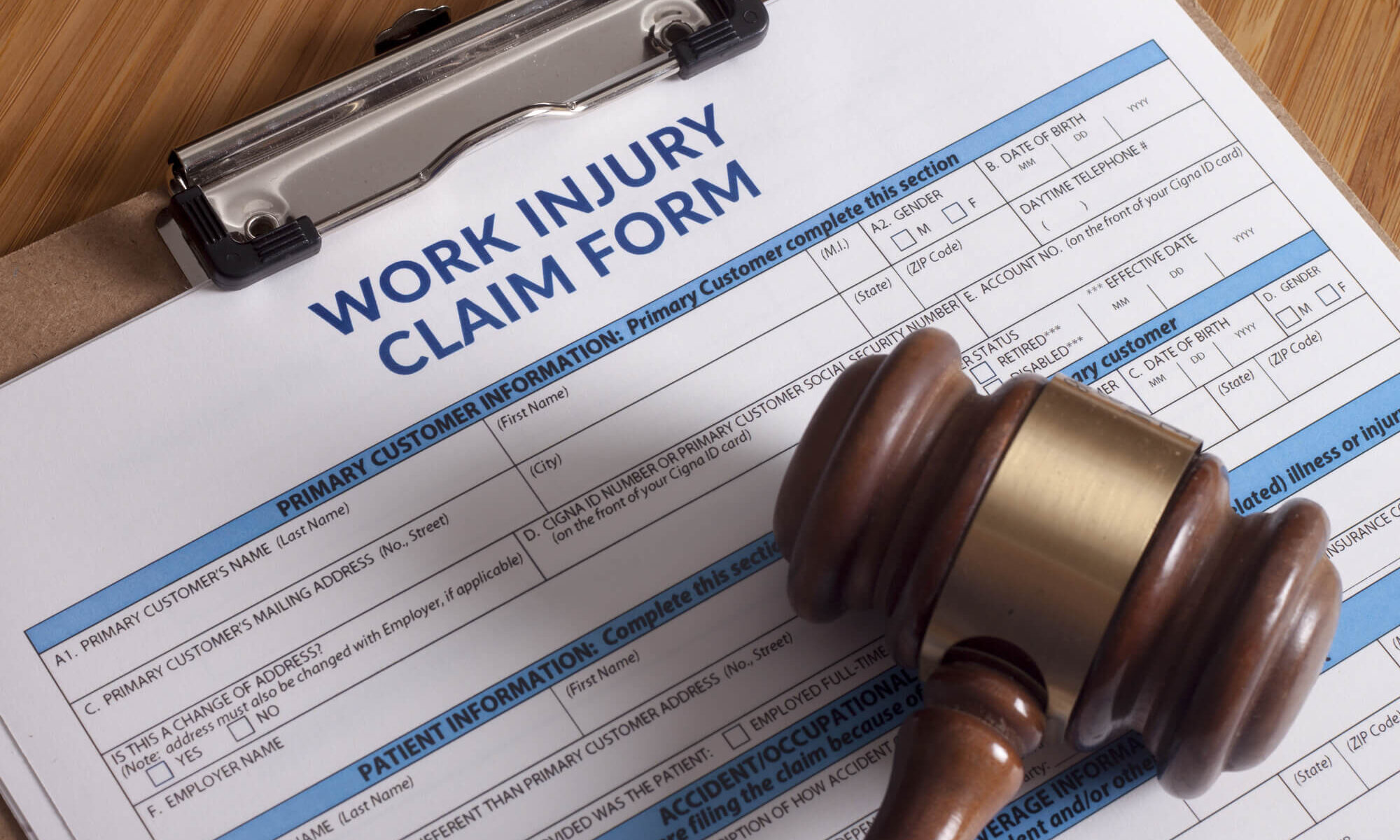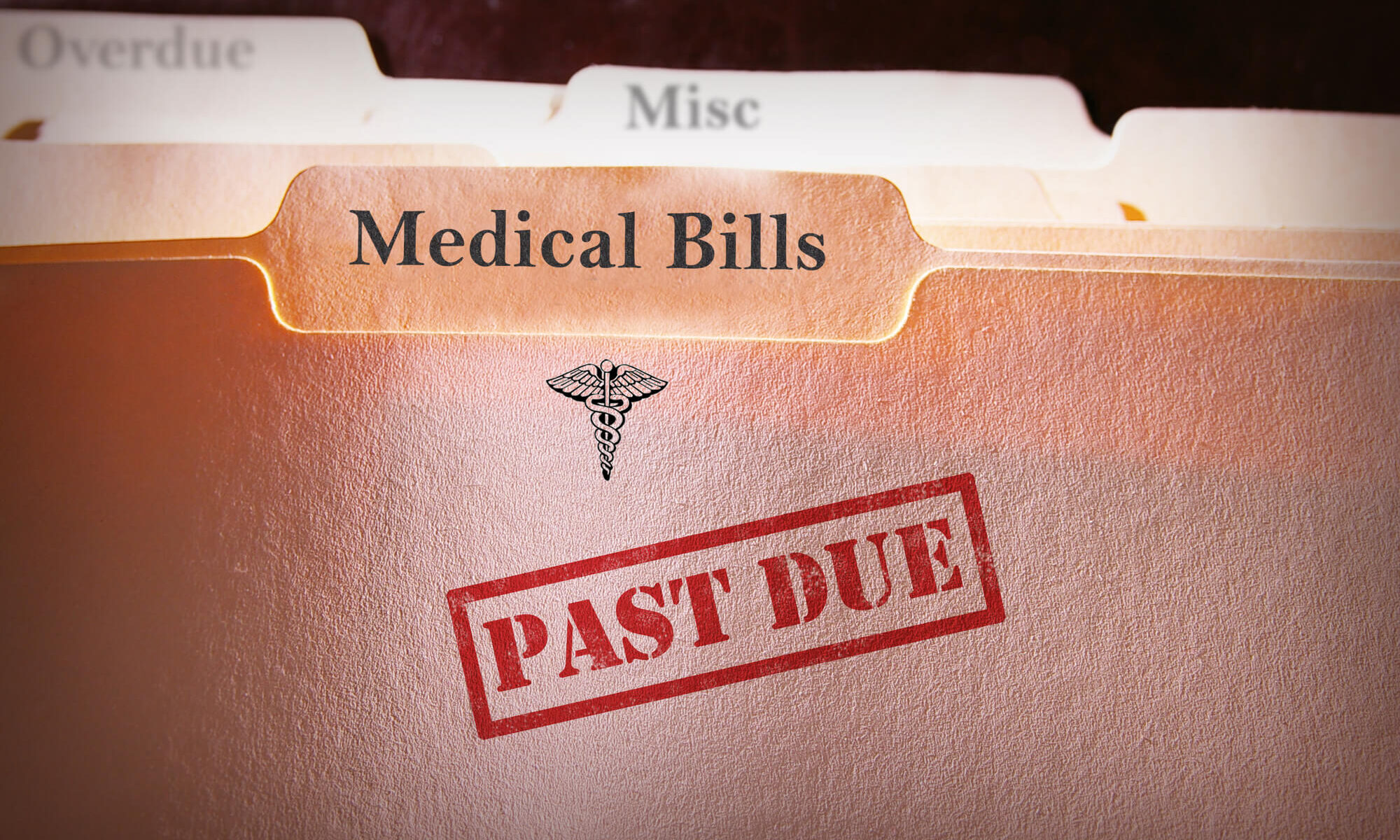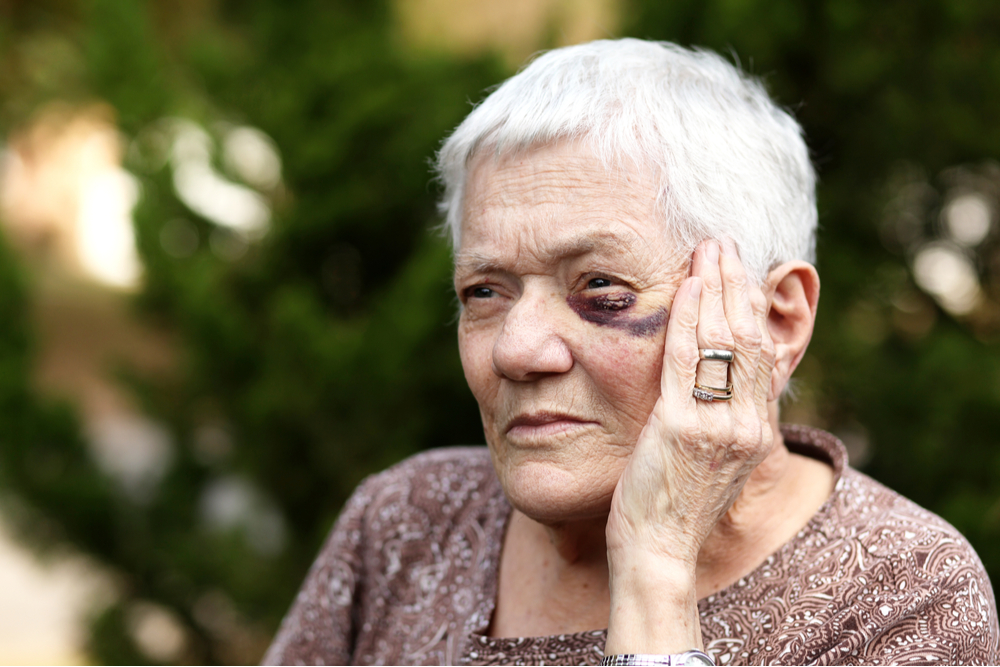Dog Bite Injuries
Good afternoon. This is Keith Shindler. Coming to talk to you today regarding injuries that are caused by dog bites. Thank you for listening to Claim Your Justice. Our goal is to provide information on how to help you deal with personal injury cases and claims that you, a family member, a friend, or a loved one may have.
The topic today is going to be dog bites. The weather is getting nice outside. We talked last week about motorcycles coming out when the weather gets nice. Well, everyone walks their dog, more people walk their dogs in the summer and springtime, and more people run with their dogs.
Throughout my career, I’ve handled several dog bite cases. I want to give some general information about dog bites, how to protect your rights, and how to make the best recovery for yourself if you are injured by a dog bite.
We all love dogs, right? We all think our dogs are gentle and so cute. However, we see dogs sometimes that we know are not so gentle. Dog bites can happen in many situations. It could happen when you’re walking your dog, it could happen while you’re visiting a friend who has a dog, you could get bitten by a dog while you are minding your own business at the beach, plus a number of other situations.
Dog Bite Attacks Happen All Over
I had a client that was bitten by a dog while trick or treating. Postal workers, of course, those civil servants who deliver our mail each day, and who we care about, sometimes get bitten by dogs. There was a study by the US postal worker service, that Chicago had the fourth-highest number of dog bites for postal workers. Not such an interesting statistic for Chicago, but they’re very common.
The damage that you could suffer as a result of a dog bite ranges vastly. I had a client that was a postal worker, she was bitten on the back of her leg and she had some scarring. I had a young child bitten while trick or treating on Halloween, they were left with a vicious scar. I had another client who suffered a dog bite while hanging out at her boyfriend’s house. He had a German shepherd, and it didn’t like the interaction between its owner and the visitor. She suffered a vicious dog bite to her face, requiring many stitches and having residual scarring.
We all know dangerous dogs, right? I think we’ve all seen dangerous dogs, whether it be a pit bull or a mastiff, etc. You have to be concerned about what happens in the awful situation where you do get a dog bite. Illinois is interesting because it has what is called a strict liability statute.
Illinois Strict Liability Statute
The strict liability statute means there are not too many defenses for the owner or caretaker of the dog being responsible for the injuries suffered by a victim. So, with this strict liability, if your dog gets out, or a dog you’re babysitting for gets out and bites somebody, you’re responsible, you’re strictly liable for the injuries suffered by the victim.
Of course, there are certain defenses to strict liability. If a victim was doing something to antagonize the dog, let’s say the victim was smacking the dog in the face. Let’s say the victim was pulling the dog’s tail. Let’s say the victim was kicking the dog, and the dog was responding to that type of agitation. That’s certainly a defense you will have to deal with. However, if you are just going about your business, and a dog bites you, strict liability is on the dog’s owner.
Insurance Often Doesn’t Cover Enough of the Damages
We talked about the type of injuries, and everyone may know someone who’s been bitten by a dog. The problem is sometimes the insurance is not sufficient. So, if you get bitten by a dog, and let’s say the owner of the dog lives in an apartment, generally the tenant would have what’s called tenant insurance and that would provide some level of liability coverage to the victim. It could be only $50,000. Which, I know, may seem like a lot of money. But it’s not.
Because you could have a permanent disfigurement that needs to be corrected by a plastic surgeon, you could have a fracture to your bone when you’re bitten by a dog, that can prevent you from moving your fingers, or moving your wrist, or your knee. The insurance, in my experience, is generally not enough to fully compensate the client for the value of the injury.
For your protection, if you’re a dog owner, and you’re concerned about protecting your assets, you should discuss with your insurance agent how much liability coverage you have in the event of a dog bite.
Intentional Attack Or Negligence
Now, certainly, if a person were to sick their dog on a person intentionally, there could be criminal liability, where the police come in and arrest the owner.
Or let’s say the owner doesn’t properly take care of their fence and allows the dogs to get out and roam, and a pack of animals attacks a little girl, G-d forbid. Then it’s possible the victim’s family could seek criminal charges. The homeowner may have had an incident previously. Or the homeowner may have had warnings that they need to properly contain their dogs, and didn’t. So, there can be criminal liability for that as well.
Sadly, sometimes a victim is bitten by a dog that is owned by a friend of theirs. The reaction we see frequently in those situations is “I don’t want to make a claim, I don’t want to call the police because then the dog is going to be put down”.
Now, I have a little bit of personal experience with that from many, many years ago. I understand. The fact of the matter is that I’m here to help you Claim Your Justice. If you don’t make the call to the animal control in the neighborhood, for a possibly vicious dog, you should be concerned about that dog attacking someone else. I always tell my clients I know you like your friends, family members, whatever, who own the dog, but it’s your responsibility to the community to make sure that the governmental agencies around that neighborhood are made aware that there could be a dangerous dog living there.
Housesitting Someone’s Dog
We talked a little bit about if you’re babysitting for a dog. Someone says, hey, I’m going out of town for the weekend. Can you please house sit my dog? You go to the person’s house, you sit there very comfortably, you may get free food, they’re paying you to stay there, etc. If you’re not doing your best to maintain the control of that animal, and the animal gets out and bites a postal worker or anyone, you as the babysitter could be responsible. The problem is, that you may not have insurance coverage for that particular loss. So be careful. Know what kind of dog you’re babysitting for, and make sure you properly control that dog with a leash.
Statute Of Limitations
Time Limits are, if it’s a normal incident, you have two years in Illinois to make a claim. If you have a child involved, you sometimes have a longer period because you have two years from the time the child reaches the age of majority. However, there is no reason to wait.
I’m telling you the technical applications of the law, but my recommendation is always to make sure you don’t waste time. Evidence spoils, other things happen where we could lose the opportunity to get important pictures or get the animal inspected for rabies. There is no reason to wait that amount of time if you’re going to make a claim and if you’re injured.
Compensation can include medical bills, and lost wages if it’s an adult and they are forced to miss work because of the dog bite. We talked about permanent disfigurement. It could just be a scar, or it could be that the animal bites so hard, that a person loses a hand or fingers on a hand or part of their face. And, it may require reconstructive surgery. We may require some type of device to replace the finger. There’s a myriad of damages that can be added on, depending upon the severity of a dog bite.
Contact Our Experienced Illinois Dog Bite Lawyers
Thank you for listening. Remember when you, a family member, or a friend suffers any type of injury, dog bite, auto accident, or wrongful death. Let us show you how to Claim Your Justice. Visit ClaimYourJustice.com or call 847-434-3555, thank you for taking the time to listen.










